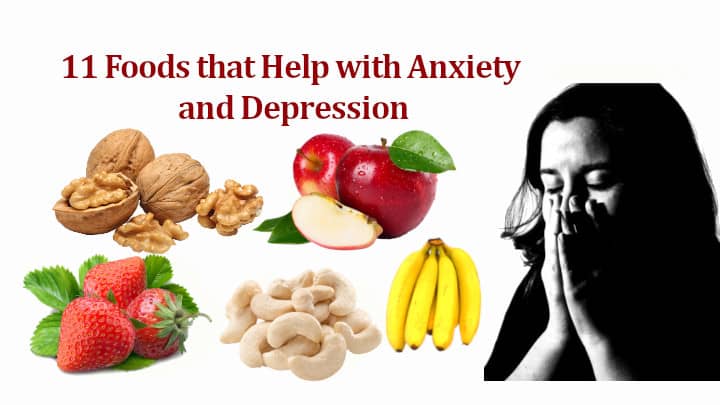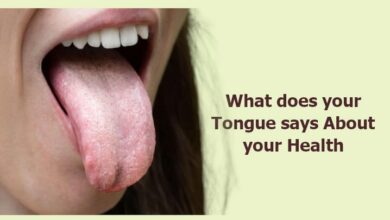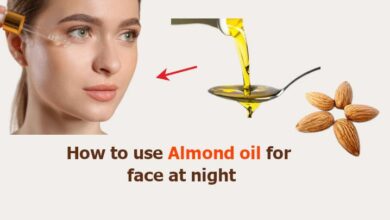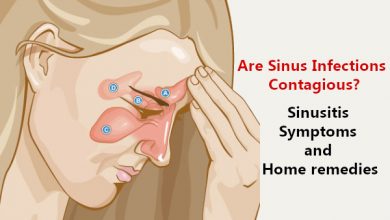11 Healthy Foods that Help with Anxiety and Depression

Looking for foods that help with anxiety and depression? Mental health and wellness highly depend on the food you eat regularly. If you are constantly struggling with anxiety, depression, and tension, you must look at your eating habits.
Moreover, multiple factors can be responsible for depression though some changes can do magic and help reduce depression and overwhelming thoughts.
Foods that Help with Anxiety and Depression
Here we are mentioning 11 healthy foods that help with anxiety and depression, so let’s take a closer look at that-
1. Fish
Fish is rich in omega-3 fatty acids and other amazing components that can be effective for brain functioning. Fishes like salmon, tuna, sardines can be a great choice for you as they are loaded with fatty acids.
A study has been done on people who have regular fish consumption, and they found fewer symptoms of depression than non-fish eaters.
Always choose fresh fish than a canned one and cook as you like.
2. Apple
Various studies related to mental health shows that consuming fruits can also beneficial for the brain, and they keep you calm and prevent mood swings, and reduces depression and apple comes at the top of the list.
Apple contains nutrients, minerals, and factors that fight tension and make you feel good.
You can eat an apple as you like or mix it with a bowl of cereals and consume it early in the morning.
3. Banana
Banana is considered a happy fruit, and experts have been agreed that eating 1 or 2 bananas can reduce anxiety and depression symptoms, you feel good.
Banana is loaded with antioxidants and includes potassium and other minerals, and its sweet flavor attracts you more.
You must choose a ripped banana with brown spots or diet-conscious, then go for a green banana with less sugar.
You can do many experiments with this superfood like make a smoothie, add them in cereals, or make a glass of milkshake without adding sugar and enjoy.
Eating banana roguery can be effective in hormonal imbalance due to women are more prone to depression, they must add banana in their diet.
Read also: Signs and Symptoms of an Anxiety Attack Disorder
4. Watermelon
Super juicy with red color and rich in antioxidants, vitamin C, vitamin B6, and other basic minerals and components can help your brain calm up.
It provides instant refreshment, and you feel good. It also works as a protector for brain cells. You can eat watermelon or make juice and crush the black seeds and be healthy for your brain.
For extra flavor, you can add some mint leaves and some lime juice. Don’t add sugar or salt drink it naturally.
5. Kiwi
The studies indicate that lack of vitamin C is also related to brain health, and kiwi is the fruit that is a powerhouse of vitamin C and quite delicious.
Eat 1 kiwi regularly after peeling the skin, and you will see the changes in your mood and anxiety.
6. Walnuts
As we said, an omega-3 fatty acid is good for the brain and supports healthy cells, and walnuts can be a good option for those who don’t eat fish.
Walnuts is the only food good for anxiety. Walnuts stimulate good cells, and you feel good and reduction in fatigue and depression. Eat a handful of walnuts daily or add them to your sweet dishes or pudding.
7. Cashews
Cashews are rich in calcium, magnesium, vitamin B3 and B6, and many other compounds that are good for the brain relaxing and ideal for overall health.
Nuts always make you feel fantastic, and you must add cashew to the diet. Eat a handful of cashews daily or combine them with your smoothie or pudding, or cereals.
8. Cardamom
Cardamom has a special aromatic flavor with special compounds that support brain functioning and cure issues connected with the nervous system.
Though the comprehensive studies are still under-experiments and current results show that cardamom can support calming depression.
9. Beans
Beans contain fiber, protein, folate, vitamin B, iron, magnesium, etc., that are required for a healthy body and mind.
Eating a half cup of beans can stimulate brain cells and decrease excess thinking, and you feel relaxed. It also improves digestion, and as we all know, gut health is linked with the brain, so you should add beans to your diet.
10. Strawberry
All kinds of berries taste yummy and healthy, and who can deny strawberries when one comes to know how they cure brain fog and make you feel happy.
Strawberries are rich in antioxidants, vitamin C, vitamin K, and many nutrients and minerals. Eat a bowl of fresh strawberries or add them with your dishes.
11. Dark Leafy Greens
Dark leafy green veggies are super healthy and beneficial to cure depression, and they fulfill all the needed components in the body.
These veggies have vitamins A, K, C, B6, iron, calcium, manganese, and phytochemicals that work great and fight against anxiety and tension.
Foods that cause Anxiety and Depression
1. Sugar
Excess consumption of sugar will make you obese and can negatively change your mood, and you may feel extra mood swings and anxiety.
Try to cut out sugary products like cakes, cookies, sodas, cold drinks, etc. you can add natural sweetness to your items using honey or maple syrup.
2. Refined grains
Nowadays, most foods are prepared using refined grains loaded in carbs and calories and zero nutritional values.
Food like rice, pasta, bread, chips, crackers, wafers, waffles, cakes, etc. these types of food can increase blood sugar levels and mood swings, so try to avoid such foods.
3. Alcohol
Studies have been announced that excess alcohol and smoking can also lead to depression and mood swings.
You must avoid alcohol instead of that red wine is a better idea as an aspect of brain health and heart health but consume in a small amount.
4. Caffeine
Many people can’t even imagine their life without a cup of coffee, but they must know that caffeine is not healthy for your health, especially if you are already fighting mental issues or depression.
You can choose green tea or herbal tea as a substitute for coffee because green tea has antioxidants that may decrease the issues.
Be sure to read: Most Common Causes of Fatigue and Tiredness





